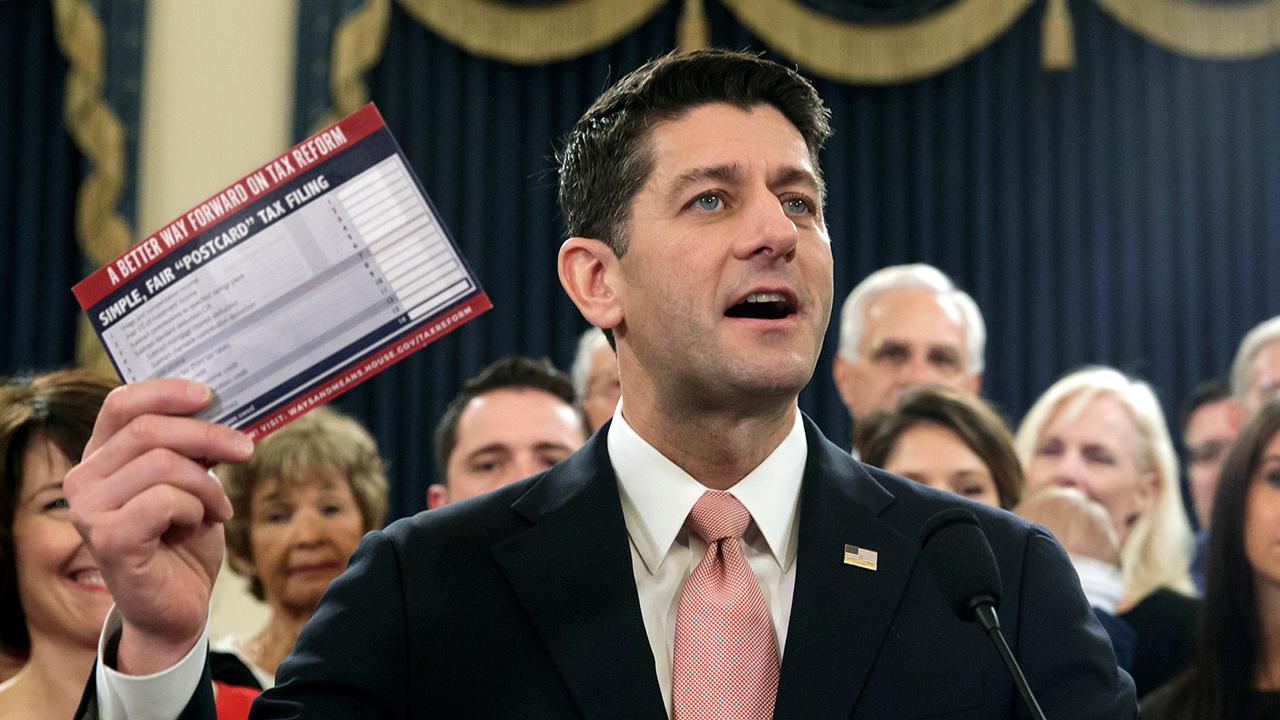GOP tax bill's big losers: NFL, and other sports leagues
As the GOP begins to move its tax reform plan, known as the Tax Cut and Jobs Act, through Congress, sports teams could lose big if the bill passes.
The bill contains two provisions that would potentially cost major college and professional teams money. The first would eliminate the ability to deduct college donations made in exchange for tickets. While fans cannot deduct the cost of tickets, they can deduct the donation, which creates an incentive for ticketholders.
The second provision would prohibit professional sports teams from using tax-exempt municipal bonds to build sports stadiums. Interest payments from municipal bonds have been exempt from taxes since their inception in the early 20th century, though they were designed as a government tool for public infrastructure projects, which wasn’t intended to include stadiums. More recently, professional sports teams including the NFL, the MLB and the NHL, have used them for the construction of expensive, new stadiums.
For all 36 NFL, NHL, NBA or MLB venues that were constructed or majorly renovated using federal bonds for partial funding between the year 2000 and Sept. 2016, the total tax-exempt bond principal issued to fund these stadiums was approximately $13 billion. But while this is "free money" for the NFL, taxpayers are ultimately on the hook for the Treasury's lost revenues that the league claims exemption from.
The NFL, which is expected to rake in $14 billion this season according to Sports Business Daily, received nearly $7 billion from taxpayers to construct stadiums over the last two decades, according to the Taxpayers Protection Alliance, as reported by The Huffington Post. That includes $444 million to the Dallas Cowboys, more than $600 million to the Indianapolis Colts and $424 million to the Cincinnati Bengals.
While the decision to eliminate the provisions, particularly the ability of professional sports franchises to use tax-exempt municipal bonds to construct stadiums, are popular across both sides of the aisle, experts warn the provisions still may not pass.
Congress proposed a similar measure during a budget proposal in 2015. However, as previously reported by FOX Business, change has been difficult because franchises often extort local communities by threatening relocation.
Additionally, Victor Matheson, a sports economist at Holy Cross, told FOX Business that the removal of these loopholes likely depends on the passage of the comprehensive tax bill.
“This is pretty broadly popular,” he said. “[But] I think it almost has no chance passing on its own without being part of some package … [in a political climate where] neither side really wants to give either side any sort of victory.”
The NFL said on Tuesday that it is opposed to the tax eliminations proposed in the bill.
"You can look around the country and see the economic development that's generated from some of these stadiums," NFL spokesman Joe Lockhart said during a conference call, according to Reuters. "These sorts of infrastructure projects have a long history and the benefits of them are obvious in many of our communities around the country, so we will continue to make our opposition known on that."
House Ways and Means Committee Chair Rep. Kevin Brady (R-Texas) told Fox News on Tuesday that he was hoping to move the tax bill to the House floor for a vote by next week.




















